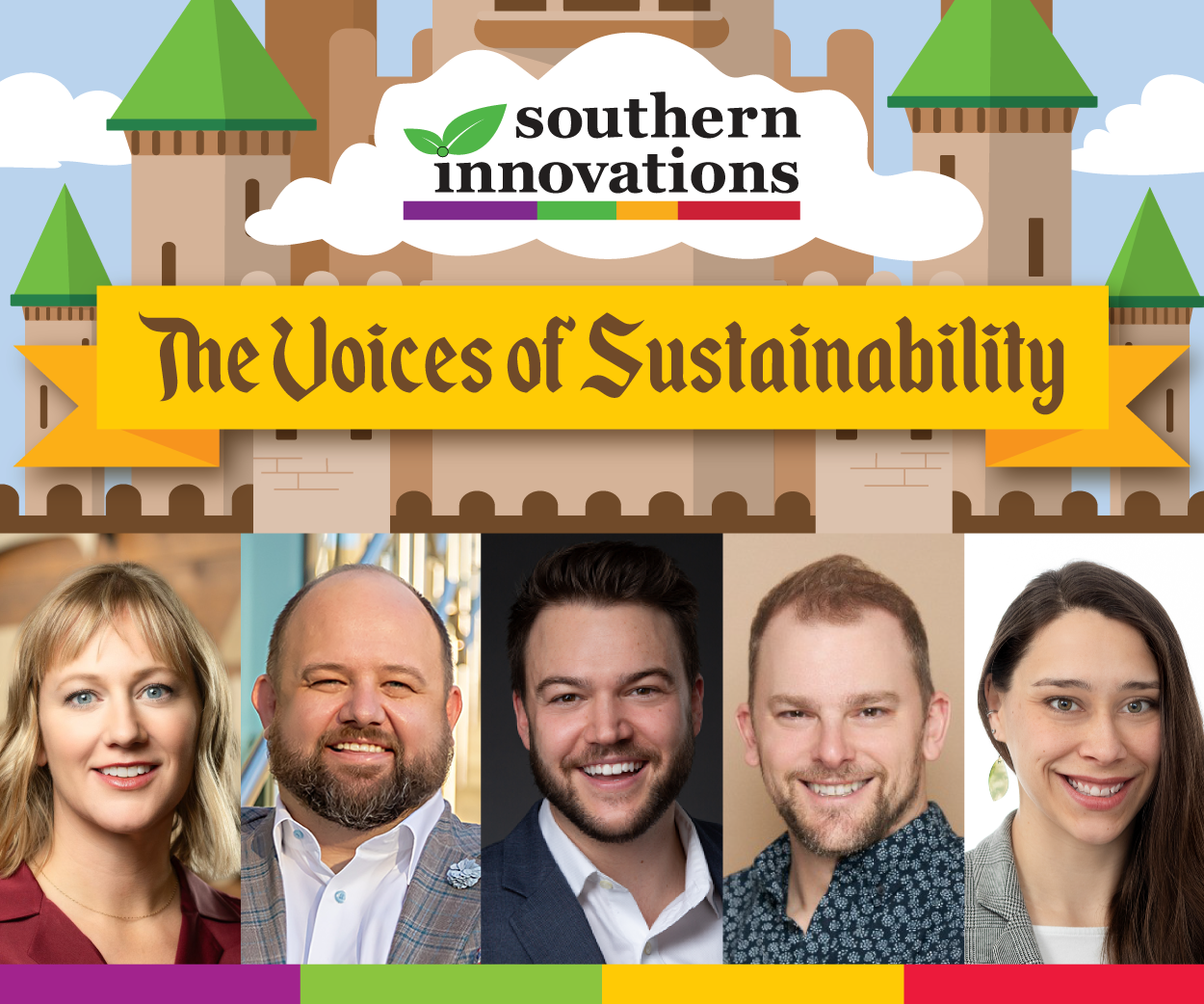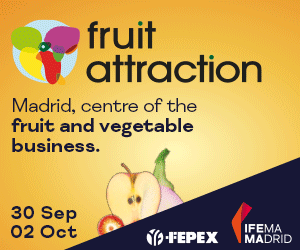South African industry against 'exorbitant' tariff hike proposal
South Africa's citrus and grape growers have criticized the Durban port authority for proposed tariff hikes of 18.06%, in an environment of inefficiency and 'exorbitant' costs.
Citrus Growers’ Association of Southern Africa CEO Justin Chadwick, told www.freshfruitportal.com that Transnet wanted to pull a similar stunt last year but industry submissions managed to soften the blow.
"The levels they’re talking about are around 18%, which is totally ridiculous if you consider the inflation rate in South Africa of 5% or 6%. Secondly, we don’t see any advancement in terms of efficiency and infrastructure to merit the rise," he says.
"We’re very much against this and we will lodge our complaints with authorities calling for the tariff to be lower, and hopefully we can have an outcome like last year when they wanted to raise it by about 14% but lowered it to 4.4% after the industry filed submissions.
"They’re saying it’s for the infrastructure development program and to meet infrastructure requirements, but they haven’t showed any improvement in infrastructure, and South African ports are known to be some of the most inefficient in the world, and it’s getting worse."
Chadwick says the port authority should 'display improvements' if it is to demand such large tariff rises, in an industry that is already suffering from cost pressure in other areas.
"At the moment we have a very stubbornly strong rand so that’s already impacting on exports. We’ve got increased costs across the industry, so if you just add more costs to that pressure, it’s absolutely going to affect the viability of exports.
"With cost increases and power cuts, returns are lower than they have been before and some growers are up against the wall. Any cost increase could exacerbate this situation and we could see this happening to more people."
Grape industry view
SA Table Grape Industry (SATI) executive director Elaine Alexander has told www.freshfruitportal.com of the organization's 'distress' at the proposed hikes.
"Any increased costs, especially those higher than current inflation will impact on our competitiveness, especially in the economic climate that we are currently experiencing," she says
"The SA Table Grape industry is already operating in an extremely competitive environment and has gone a long way to becoming more efficient and effective to compete but there is of course a limit to how much the industry and individuals in the industry can do without the consideration and support of other key stakeholders."
She says there aren't too many table grapes that leave the Durban port with most of the fruit shipped from Cape Town, but any increased cost will have a negative impact on the industry.
"We often have delays there caused by wind and sometimes the ships have to leave to meet their own schedules, thus our product is left on the quayside but we still have to keep paying for services at ever increasing costs. Unfortunately there is no visible effort in respect to real innovation to correct the issue.
"I believe that the government needs to reconsider introducing competition into port services as we have seen happen in our competitor countries which may in turn bring new innovative thinking into how to keep costs lower and of course may help solve the wind problem."
On a more positive note, a lower late citrus crop has led to better storage costs in Durban, meaning less incentives to go to Mozambique port Maputo.
"Mozambique always is an outlet if things get expensive but we haven’t seen a large increase at Maputo," says Chadwick.
"However, we are seeing an improvement in storage costs in Durban as we’re seeing less late citrus, so there’s more storage place and that’s making Durban look more attractive now."
Human rights response
Chadwick also agrees with Agri SA's stance against Human Rights Watch (HRW) for the way they represented worker conditions in the Western Cape fruit and wine industries.
"NGOs try to sensationalize these stories, they interview 260 people out of however many workers, and carefully select results," he says.
"We ask NGOs to tell us where these problems occur so we can investigate, but if we don’t know where they are it’s very difficult to address these issues."
Photo: Port Strategy















































